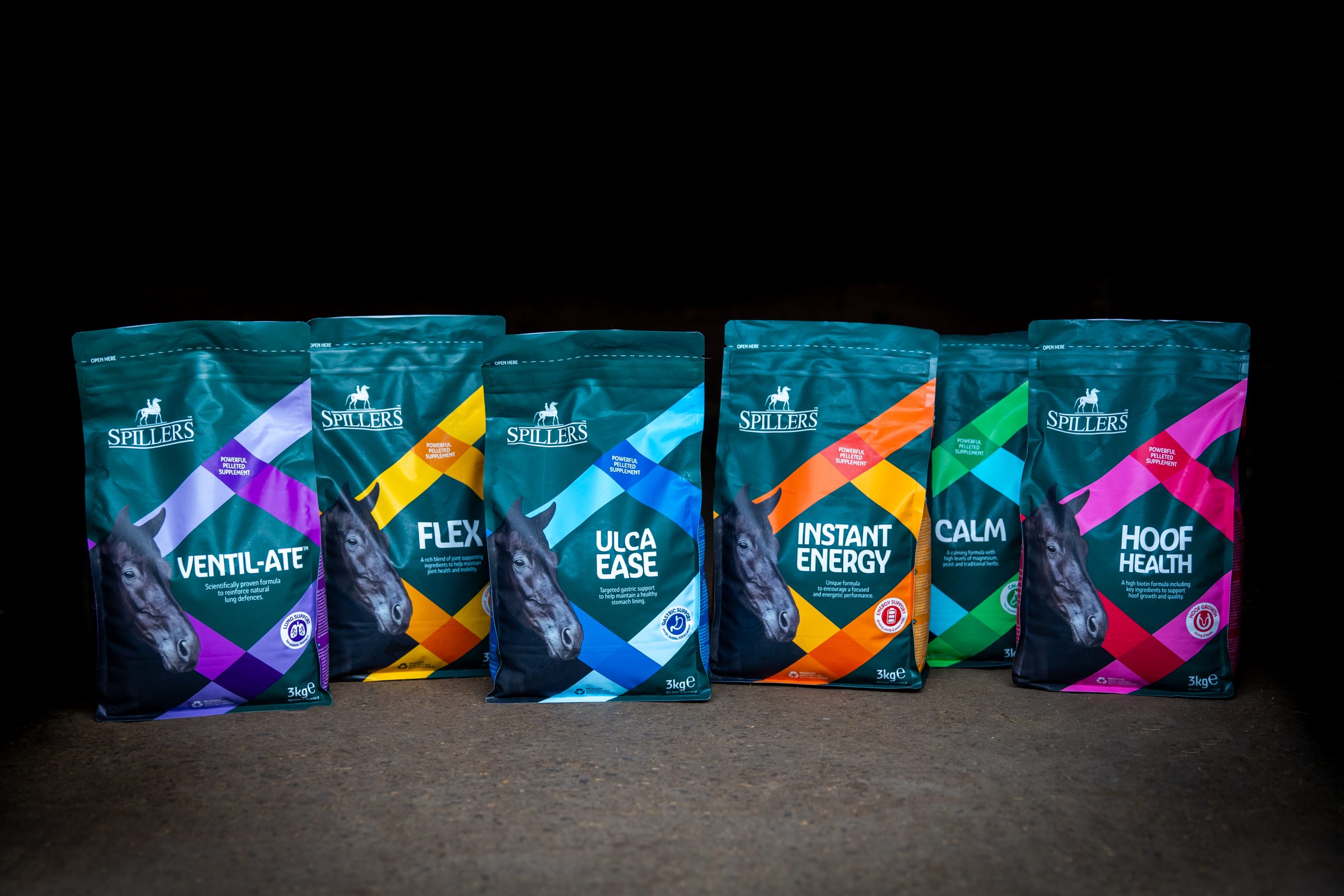New statistics by The British Horse Society (BHS) today reveal that drivers are still passing horses too quickly and too closely on our roads.
In total, 58 horses were killed in an equine-related road incident last year, with over 3,100 incidents recorded across the previous twelve months through the equine charity’s Horse i app.
An alarming 81% of these occurred because the driver didn’t pass safely. 33% of equestrians were also victims to road rage or abuse, which is a 43% increase from the previous year.
While these figures are overall lower than 2023, it is evident that many drivers remain unaware of the guidance introduced into the Highway Code three years ago today.
Director of Safety at The British Horse Society, Alan Hiscox says: “The work that has been done across the equine community, and beyond, to improve equestrian road safety is hugely commendable and is reflected in these lower figures.
Equine safety groups, the police, road safety organisations and driving instructor associations, to name just a few, have all come together to invest a great deal of time into raising awareness of the guidance in place for passing horses.
We can’t, however, ignore the fact that fatalities continue to persist and the number of horse injuries has risen by 12% compared to 2023. With that in mind, our work continues to help keep all horses safe.”
As part of its Dead Slow road safety campaign, which has been in place since 2016, the BHS is communicating with key stakeholders and MPs to encourage greater awareness of the behavioural messages, as set out in the Highway Code. This includes passing horses at no more than 10mph and leaving at least two metres distance.
Alan added: “While we recognise and thank those drivers who do pass horses safely, we are working hard to make sure every road user truly understands just how dangerous passing horses too quickly and too closely can be.
Further action is required to make everyone aware of the Highway Code changes and critically, why it’s so important to pass with care. Only through working collaboratively and by evidencing that an issue of equestrian safety still remains, can we stop these awful incidents from happening time and time again.”
The equine charity is urging anyone who have been involved in an incident or near miss to share it with the police and to record it via the Horse i app. The more incidents that are recorded, the more we can do to protect and promote the interests of horses on Britain’s roads.
To learn more about the BHS’s Dead Slow campaign and to download the Horse i app, visit www.bhs.org.uk/deadslow
The BHS Ride Safe Award is also available for equestrians. It provides riders with the skills and knowledge to ride safely in all environments, including on the road. If you’re interested in discovering how the Ride Safe award could help you visit: www.bhs.org.uk/ridesafe





